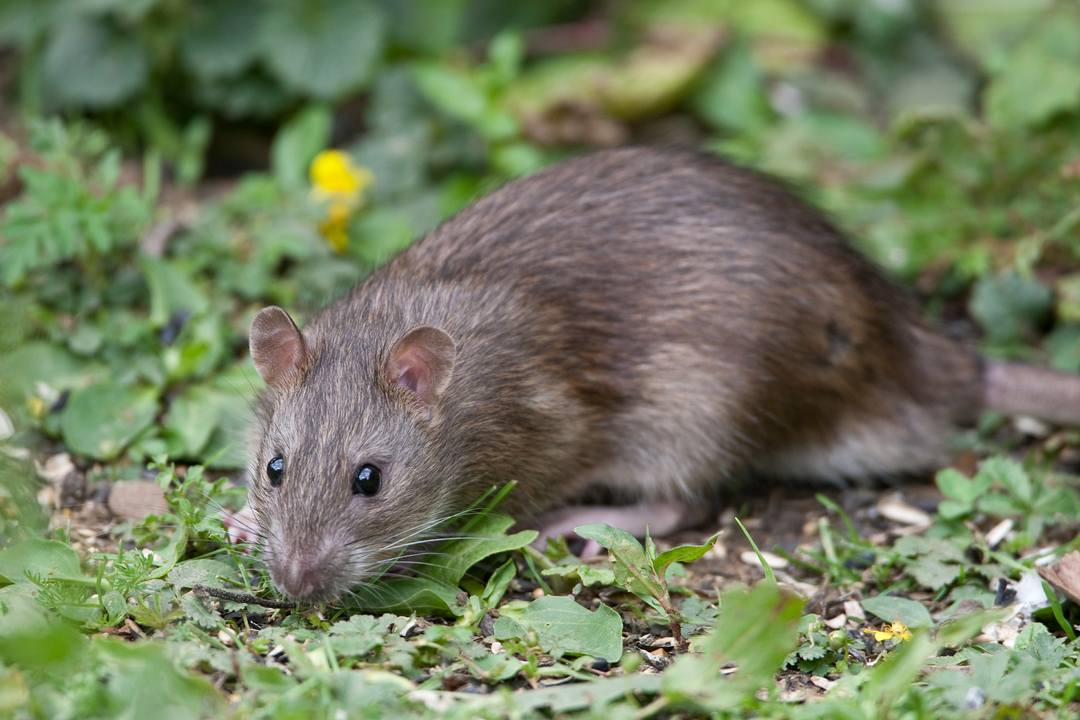There's a rat in my garden, what am I going to do...
There are at least 3.5 million urban rats in Britain, and at least two million more lurking in our sewers, according to experts
But gardens also provide a safe place for rodents, giving them shelter and readily available food sources.
While spotting a rat in the garden can be an unnerving experience and they can damage fruit, vegetables, bulbs, plants, shed doors and wires, they should also be considered a serious health risk.
They are capable of spreading diseases including Leptospirosis - a bacterial infection spread by animals which can cause mild flu-like symptoms.
This can then develop into Weil’s disease (look it up, it's not nice) , which is Leptospirosis in its most severe form.
So how can you deter rodents out of the garden, and from attempting to enter your home which they will be more prone to do as winter approaches?
There are plenty of rodent eliminating products available to buy, but we would strongly advise you should never use poison.
Rat poison is a highly lethal poison that can kill pets, children and make adults very sick.
It’s not something that you should use lightly, and far too many preventable pet deaths in the UK are caused by people being irresponsible with rat poison.
Prevention is better than cure so here are four tips to mitigate the problem.
- You should make sure to seal any small gaps in buildings and sheds which can act as access points. Rats only need half an inch to gain entry.
- Keep your garden clean and tidy by removing piles of wood and garden clippings and cutting back overgrown areas. These places act as nesting areas for rodents.
- Dispose of household food waste properly by keeping it in secure compost heaps and bins. Also avoid leaving out bin bags containing food for too long.
- Be careful scattering bird feed on the ground as this can attract rats - use a bird table or feeder basket.
